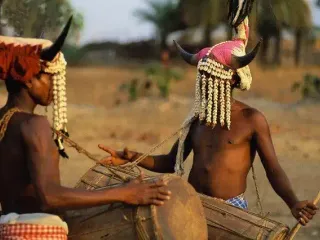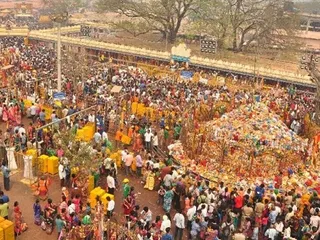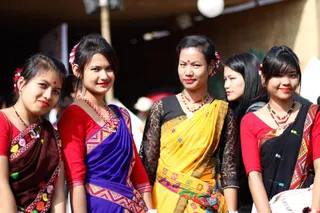The Bhil tribe is one of India's oldest and most widespread indigenous communities, primarily inhabiting the states of Rajasthan, Gujarat, Madhya Pradesh, Chhattisgarh, and Maharashtra. The term 'Bhil' is believed to derive from the Dravidian word 'Billu,' meaning bow, highlighting their traditional expertise in archery. Historically, the Bhils have been associated with forests and hills, leading a semi-nomadic lifestyle centered around hunting, gathering, and shifting cultivation. In contemporary times, many Bhils have transitioned to settled agriculture, cultivating crops such as maize, wheat, and pulses. Despite modernization, they have preserved rich cultural traditions, including vibrant dance forms like the Ghoomar and Gair, and festivals such as Bhagoria, which celebrates the onset of the harvest season. Socially, the Bhil community is organized into clans, each governed by a hereditary chief who oversees community affairs and dispute resolution. While they predominantly follow Hinduism, their religious practices are infused with animistic beliefs, worshipping local deities and nature spirits. Efforts are ongoing to improve literacy and socio-economic conditions among the Bhils, addressing challenges such as land rights, education, and access to healthcare.









